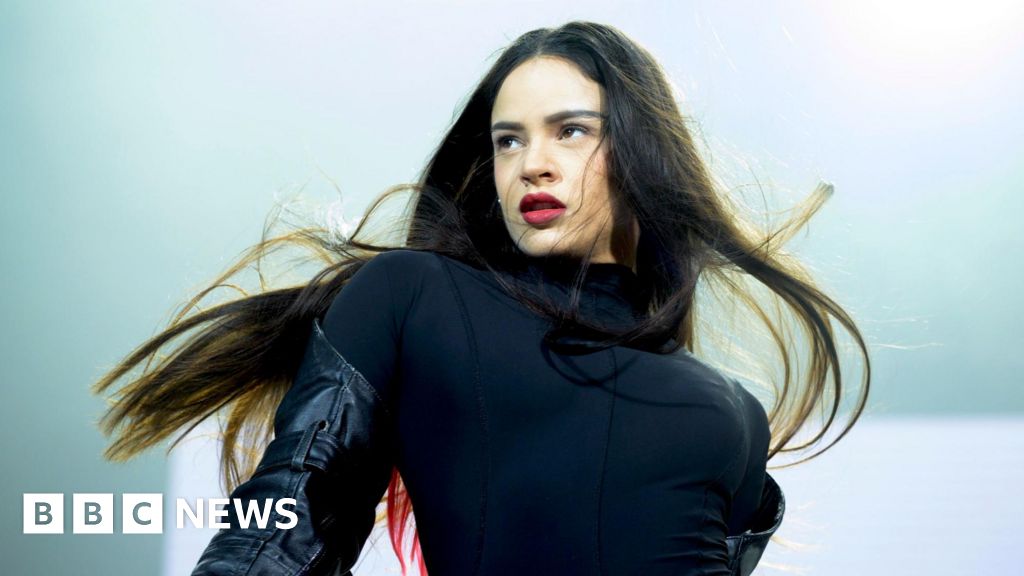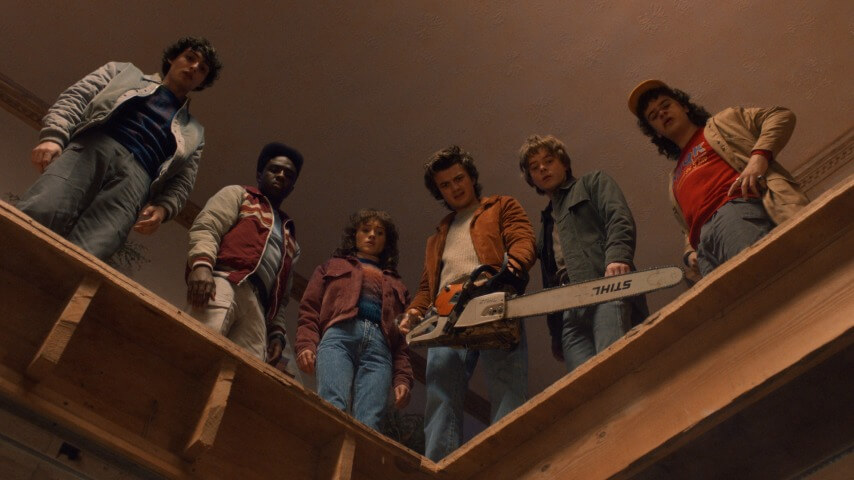Rosalía's Lux: A Multilingual Orchestral Masterpiece Redefining Modern Pop

Introduction
Rosalía’s latest album, Lux, is making waves as one of the most ambitious releases of the year. The Barcelona-born artist has crafted a symphonic masterpiece, recorded in 14 languages, blending classical music with experimental pop. This bold move pushes the boundaries of genre and language, positioning Lux as a strong contender for album of the year.
Artistic Vision
Each track on Lux is inspired by the life of a different female saint, with lyrics spanning Catalan, Spanish, Arabic, Japanese, and more. Rosalía worked closely with the London Symphony Orchestra and renowned arrangers, dedicating years to mastering pronunciation and cultural nuance. The result is a transcendent journey that explores themes of transformation, mystique, and spiritual connection.
Impact
Critics praise Lux for its grandeur and innovation, calling it a riveting experience that bridges earthly emotion and celestial sound. With its orchestral depth and multilingual storytelling, Rosalía’s Lux stands out as a radical, genre-defying achievement in modern music.
About the People Mentioned
Rosalía
Rosalía Vila Tobella, professionally known as Rosalía, is a Spanish singer-songwriter, producer, dancer, and actress born on September 25, 1992, in Sant Esteve Sesrovires, Barcelona, Spain. She is internationally acclaimed for her innovative fusion of traditional flamenco with contemporary pop, hip-hop, and urbano music styles, creating a distinctive sound that has significantly influenced modern Latin music[1][3][4]. Rosalía's debut album, *Los Ángeles* (2017), was an experimental flamenco project that garnered critical attention. Her major breakthrough came with her second album, *El Mal Querer* (2018), which won the Latin Grammy Award for Album of the Year twice (2019 and 2022) and was listed in Rolling Stone's 500 Greatest Albums of All Time. The album's single "Malamente" became a defining song of the decade and gained widespread popularity, with its music video reaching over a billion views on YouTube[1][2][3]. This album propelled Rosalía into global stardom and earned her the distinction of being the first Spanish-singing artist nominated for Best New Artist at the mainstream Grammy Awards[2][3]. Her third studio album, *Motomami* (2022), departed from her flamenco roots, incorporating more experimental reggaeton and urbano influences. It received critical acclaim and was the best-reviewed album of the year on Metacritic, featuring hit singles such as "La Fama" and "Saoko"[3]. Rosalía has accumulated numerous accolades, including a Grammy Award, eleven Latin Grammy Awards, four MTV Video Music Awards, and an MTV Europe Music Award. She holds the record for the most number-one singles by a local artist in Spain, with eleven chart-toppers[2][3]. Beyond music, Rosalía has ventured into acting, making her debut in Pedro Almodóvar’s film *Pain and Glory* (2019). Her global influence continues, with extensive touring and sustained streaming success. In November 2025, she released her latest album, *Lux*, further cementing her ongoing relevance in the music industry[1].
About the Organizations Mentioned
London Symphony Orchestra
The London Symphony Orchestra (LSO), founded in 1904, is the oldest symphony orchestra in London and one of the most prestigious in the world. It was established as a self-governing cooperative by a group of musicians who left Henry Wood's Queen’s Hall Orchestra to create a new artistic venture. The LSO gave its first concert in June 1904, performing a diverse repertoire including Wagner, Bach, Mozart, Liszt, Elgar, and Beethoven, and quickly gained acclaim as one of Europe’s finest orchestras[1][3][4]. The LSO pioneered several innovations in orchestral management and financing, such as establishing the LSO Trust in the mid-20th century to provide welfare benefits like sick and holiday pay for musicians, and securing formal commercial sponsorships, notably with the Peter Stuyvesant tobacco company[1]. It was also the first British orchestra to perform abroad, with early tours in Paris (1906) and the United States (1912), narrowly avoiding disaster by changing its travel plans from the RMS Titanic[2][7]. Since 1982, the LSO has been resident at the Barbican Centre in London, hosting significant composer festivals and maintaining a broad international touring schedule. Its recording legacy is unparalleled; the LSO claims to be the world’s most recorded orchestra, with a vast catalog of classical albums and over 200 film soundtracks, including iconic scores like *Star Wars*[1][2]. The orchestra also has a dedicated label, LSO Live, which documents live performances and major conductor collaborations such as those with Sir Colin Davis[5]. Throughout its history, the LSO has been led and shaped by notable conductors, including István Kertész, Leonard Bernstein (who was president from 1987 to 1990), Sir Colin Davis, and Valery Gergiev. It has won multiple Grammy Awards and equivalent honors in the UK and France, reflecting its artistic excellence[1]









